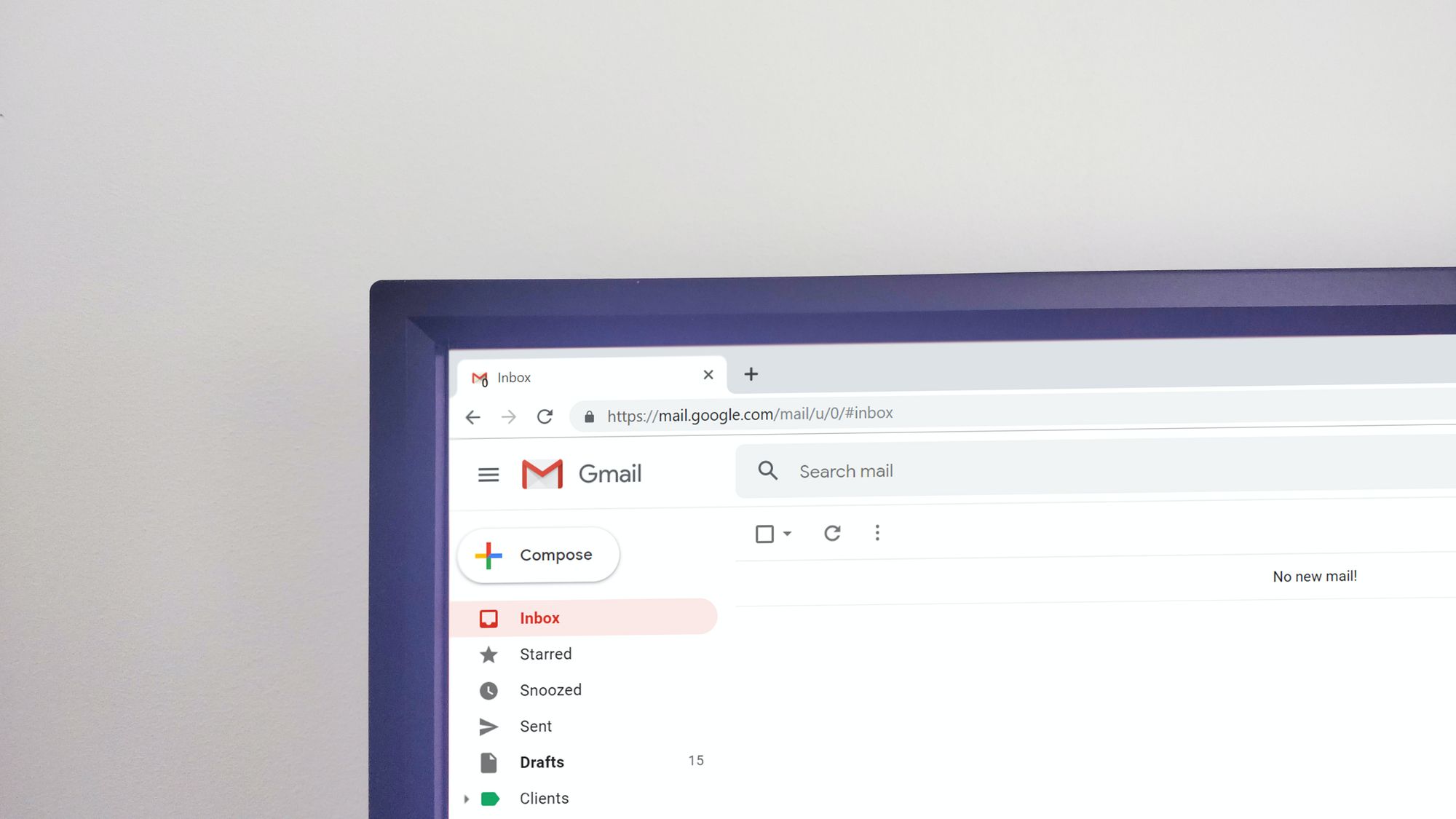In the modern digital era, email has become an indispensable tool for communication, both for personal and business purposes. As the volume of emails exchanged daily continues to skyrocket, the need for reliable and secure email communication has never been more critical. Email verification plays a crucial role in ensuring that the emails we send and receive reach the intended recipients and that our accounts remain protected from unauthorized access. In this comprehensive guide, we will delve into the importance of email verification, its role in securing online communication, and its impact on maintaining account integrity.
What is Email Verification?
Email verification is the process of confirming the validity and existence of an email address. It ensures that the email address provided by a user during registration or communication is accurate and capable of receiving messages. The verification process typically involves sending a verification email containing a unique link to the provided email address. The recipient must click on the link to verify that they have access to the email account.
The Significance of Email Verification
Eliminating Bounce Rates and Enhancing Deliverability
One of the primary benefits of email verification is the reduction of bounce rates. Bounce rates occur when an email is undeliverable, either due to a non-existent email address or other issues. High bounce rates can negatively impact the sender's reputation and result in emails being marked as spam. By ensuring the accuracy of email addresses, email verification minimizes bounce rates, thereby enhancing email deliverability.
Protecting Against Spam and Fraud
In today's digital landscape, spam emails and fraudulent activities have become prevalent concerns. Email verification helps combat these issues by ensuring that only legitimate users with valid email addresses can access online services. It acts as a deterrent to spammers and fraudsters, safeguarding both users and service providers.
Maintaining Data Quality and Customer Engagement
For businesses, maintaining a clean and accurate email list is vital for effective communication with customers. Email verification ensures that the contact information of customers remains up-to-date, improving the overall quality of the data. By sending relevant and personalized content to verified email addresses, businesses can enhance customer engagement and loyalty.
Preventing Account Takeovers and Security Breaches
In the digital age, security breaches and account takeovers are significant concerns. Email verification acts as an additional layer of security, preventing unauthorized access to user accounts. It ensures that only authorized users with verified email addresses can reset passwords or access sensitive account information.

How Email Verification Works
The email verification process involves several steps to determine the validity and existence of an email address:
Syntax Check: The email address is first checked for correct syntax to ensure it follows the standard format (e.g., username@domain.com).
Domain Validation: The domain of the email address is verified to confirm that it exists and is capable of receiving emails.
Mailbox Check: A ping is sent to the email server to check if the mailbox exists and is active.
Role-Based Address Detection: Role-based email addresses (e.g., info@company.com) are often used for generic inquiries. Email verification identifies such addresses, which can be prone to abuse and high bounce rates.
Disposable Email Address Detection: Disposable email addresses are temporary accounts often used to bypass registration requirements. Email verification identifies these addresses and helps prevent abuse.
Conclusion:
Email verification is a crucial aspect of maintaining secure communication and account integrity in the digital age. By ensuring the accuracy of email addresses, we can reduce bounce rates, protect against spam and fraud, enhance customer engagement, and prevent security breaches. As individuals and businesses, it is essential to prioritize email verification to maintain a safe and seamless email communication experience.
Commonly Asked Questions:
Q1. Why is email verification necessary during account registration?
A1. Email verification during account registration ensures that users provide valid email addresses, reducing the risk of fake accounts and potential misuse of the service.
Q2. Can I manually verify email addresses without sending verification emails?
A2. While manual verification is possible, it can be time-consuming and less reliable than automated verification processes.
Q3. How often should I verify my email list?
A3. It is recommended to verify your email list regularly, especially before major email campaigns, to maintain data quality and deliverability.
Q4. Is email verification sufficient to prevent all security breaches?
A4. While email verification adds an extra layer of security, it should be complemented with other security measures like strong passwords and two-factor authentication for comprehensive protection.
Q5. Can email verification help me identify potential customers?
A5. Yes, email verification can help identify valid and engaged users, allowing businesses to focus their efforts on potential customers who are genuinely interested in their products or services.
Q6. How does email verification impact email marketing success?
A6. Email verification significantly improves email marketing success by ensuring that emails reach the intended audience, leading to higher open and click-through rates.
Q7. Can I use email verification for an existing email list?
A7. Yes, email verification services can be used to clean and validate existing email lists, enhancing data quality and improving the effectiveness of future email campaigns.
Q8. Is email verification necessary for personal email accounts?
A8. While not mandatory for personal email accounts, email verification can still be beneficial in reducing spam, enhancing security, and ensuring efficient communication.

